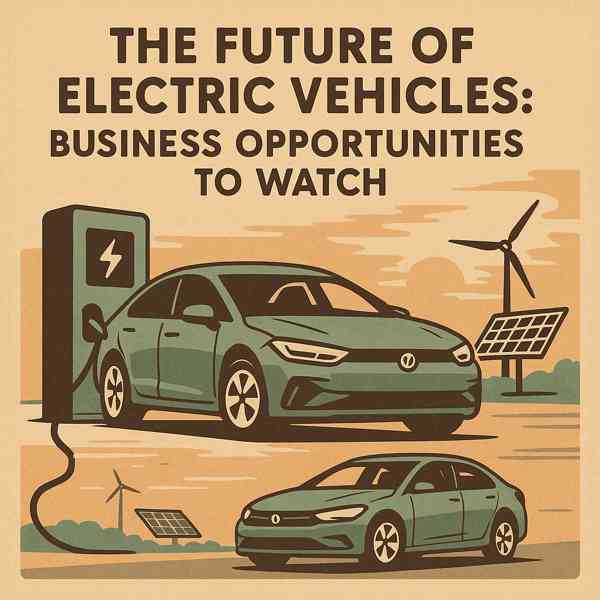What Are Electric Vehicles?
What Are Electric Vehicles?
Blog Article

Electric vehicles (EVs) are reshaping the way we think about transportation.
From compact cars and SUVs to trucks and motorcycles, EVs are available in more models than ever.
Understanding EVs
Electric vehicles are powered entirely by electric motors, rather than traditional internal combustion engines.
Key components of EVs include:
- Drives the wheels using electricity
- Stores the electrical energy
- Controls efficiency and output
- Allows the vehicle to recharge from external sources
Electric vehicles come in various types, such as battery electric vehicles (BEVs)—each with different levels of electrification.
Advantages of Going Electric
The rise of electric vehicles is fueled by their clear advantages.
What makes EVs attractive:
- Lower operating costs
- No tailpipe emissions
- Better overall driving comfort
- Financial perks for EV buyers
For eco-conscious and cost-aware drivers, electric vehicles are an increasingly smart choice.
Challenges of Electric Vehicles
Understanding the limitations of electric vehicles will help visit you make an informed decision.
Potential drawbacks to keep in mind:
- Shorter range compared to gas vehicles
- Longer trips need planning
- Higher initial cost
- Batteries degrade over time
As technology advances and infrastructure improves, many of these challenges are becoming more acceptable.
Types of Electric Vehicles
EVs vary by power source, range, and usage.
EV formats explained:
- Run only on electricity
- Electric motor with backup gasoline engine
- Self-charges through regenerative braking
- Emit only water vapor
Each type has its pros and cons, so buyers should understand the differences.
EV Charging and Infrastructure
Charging an electric vehicle is convenient once you understand your options.
Main EV charging options include:
- Standard household outlet
- Faster and ideal for daily use
- Can charge 80% in under an hour
- Wireless or inductive charging (emerging tech)
As public charging networks expand, EV owners will enjoy even more support and reliability.
The Future of Electric Vehicles
As governments push for cleaner energy and manufacturers invest in innovation, the future of EVs looks revolutionary.
Trends shaping the future include:
- Solid-state battery technology
- Turning cars into energy assets
- Combining EV tech with self-driving systems
- More choices at lower prices
As innovation continues, EVs will become more mainstream and essential.
Conclusion
With growing demand and continuous improvement, EVs are becoming a future-proof option for more drivers every day.
From environmental benefits to cutting-edge tech, electric vehicles offer a powerful alternative to traditional cars.
Report this page